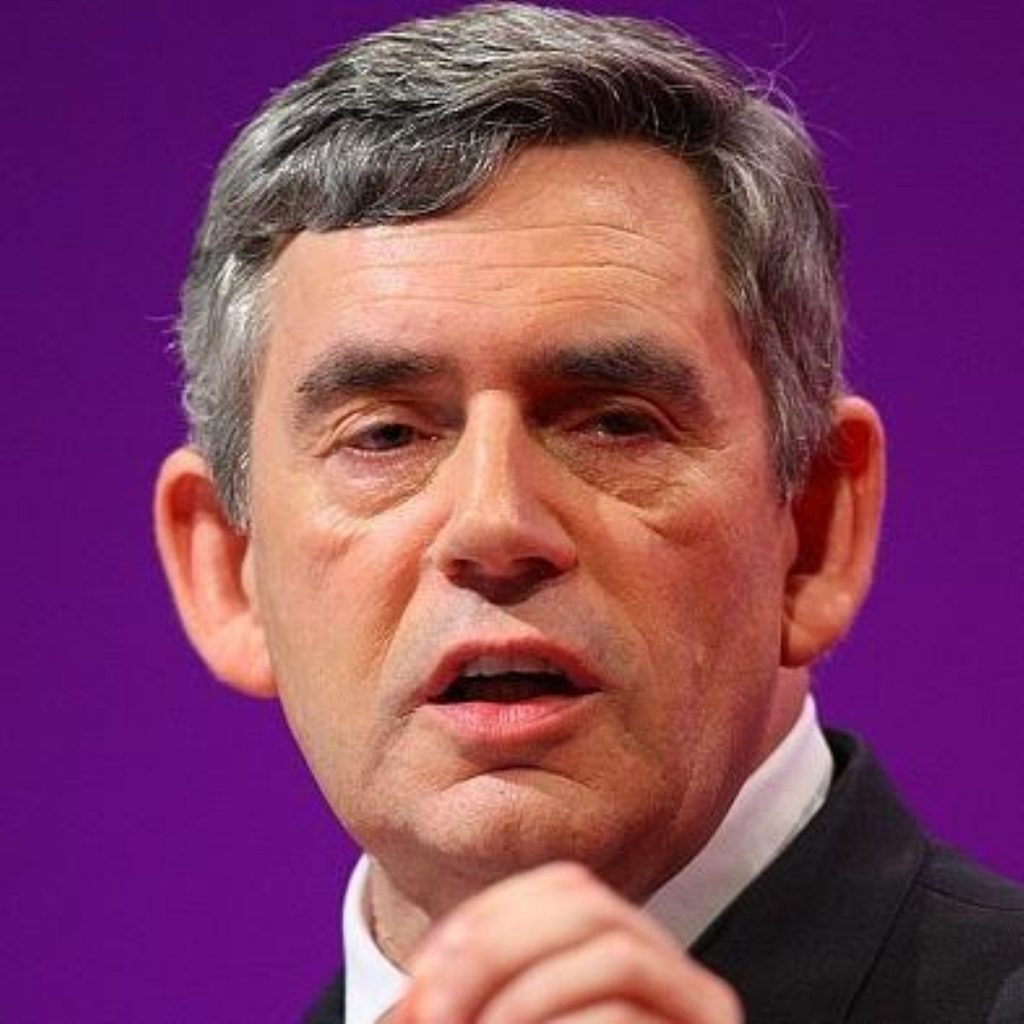PM hopes parent power will fuel fightback
By Alex Stevenson
Gordon Brown sought to launch his recovery from a damaging weekend this lunchtime with a major policy speech on education.
The prime minister told a London audience parents should receive new “rights and responsibilities” as part of plans to continue investment in Britain’s schools.
It follows a weekend in which members of the Cabinet sought to downplay speculation a leadership crisis was brewing.


Mr Brown will hope his vision for the future of education will prove a sufficient distraction.
He rejected both top-down government approaches and the free market as solutions for the nation’s schools, instead preferring to hand power to parents and headteachers.
“Great schools and great headteachers,” he said, should “lead the next stage of reform”.
Mr Brown wants the best heads to become executive heads, working with a group of schools, meaning “more devolution and freedom to innovate in all our schools”.
The prime minister signaled his intention to strengthen parents’ powers. Dissatisfaction with a school by parents will force the local authority to act, he said, by either federating underperforming schools or expanding new good schools.
Downing Street is keen to continue pressing home the government’s message of investment in public services despite this month’s Budget, which saw it plan to borrow more than every previous government combined.
“The defining question of the 21st century will not be whether power is held by the state or by the market, but whether it is in the hands of the many, not the few,” he said.
“My guiding belief is that the countries that will succeed in this new century – the ones that will shape the destiny of humanity – will be those that put power in the hands of their citizens; that liberate the talents, creativity, enterprise and ingenuity of their people, and forge a common national purpose from the values, beliefs, aspirations and ambitions of their people.”
Mr Brown argued he remains committed to “the politics of opportunity and growth”.
There is no place for “the politics of austerity and defeatism” in his vision of investment in education, he said. This is in stark contrast to Conservative warnings about the decade of austerity now faced by Britain.









